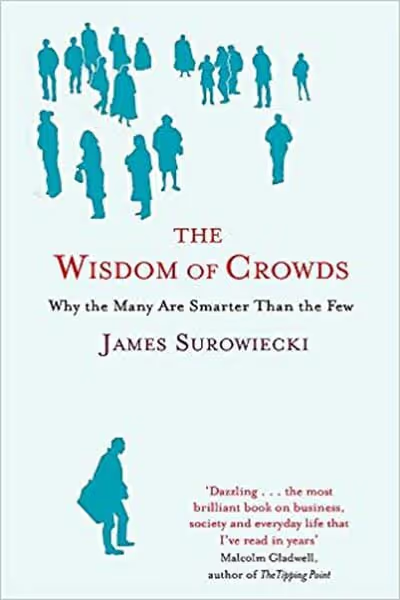Wealth and Poverty
A CLASSIC THAT WILL IGNITE THE NEXT ECONOMIC REVOLUTION.
Hailed as “the guide to capitalism,” the New York Times bestseller Wealth and Poverty by George F. Gilder is one of the most famous economic books of all time and has sold more than one million copies since its first release. In this influential classic, Gilder explains and makes the case for supply-side economics, proves the moral superiority of free-market capitalism, and shows why supply-side economics are more effective at decreasing poverty than government-regulated markets.
Now, in this new and completely updated edition of Wealth and Poverty, Gilder compares America’s current economic challenges with her past economic problems–particularly those of the late 1970s–and explains why Obama’s big-government, redistributive policies are doing more harm than good for the poor.
Making the case that supply-side economics and free market policies are–and always will be–the answer to decreasing America’s poverty rate and increasing her prosperity, Wealth & Poverty offers solutions to America’s current economic problems and hope to those who fear that our best days are behind us.
The risk-bearing role of the rich cannot be performed so well by anyone else. The benefits of capitalism still depend on capitalists. The other groups on the pyramid of wealth should occasionally turn from the spectacles of consumption long enough to see the adventure on the frontiers of the economy above them - an adventure not without its note of nobility...






















































